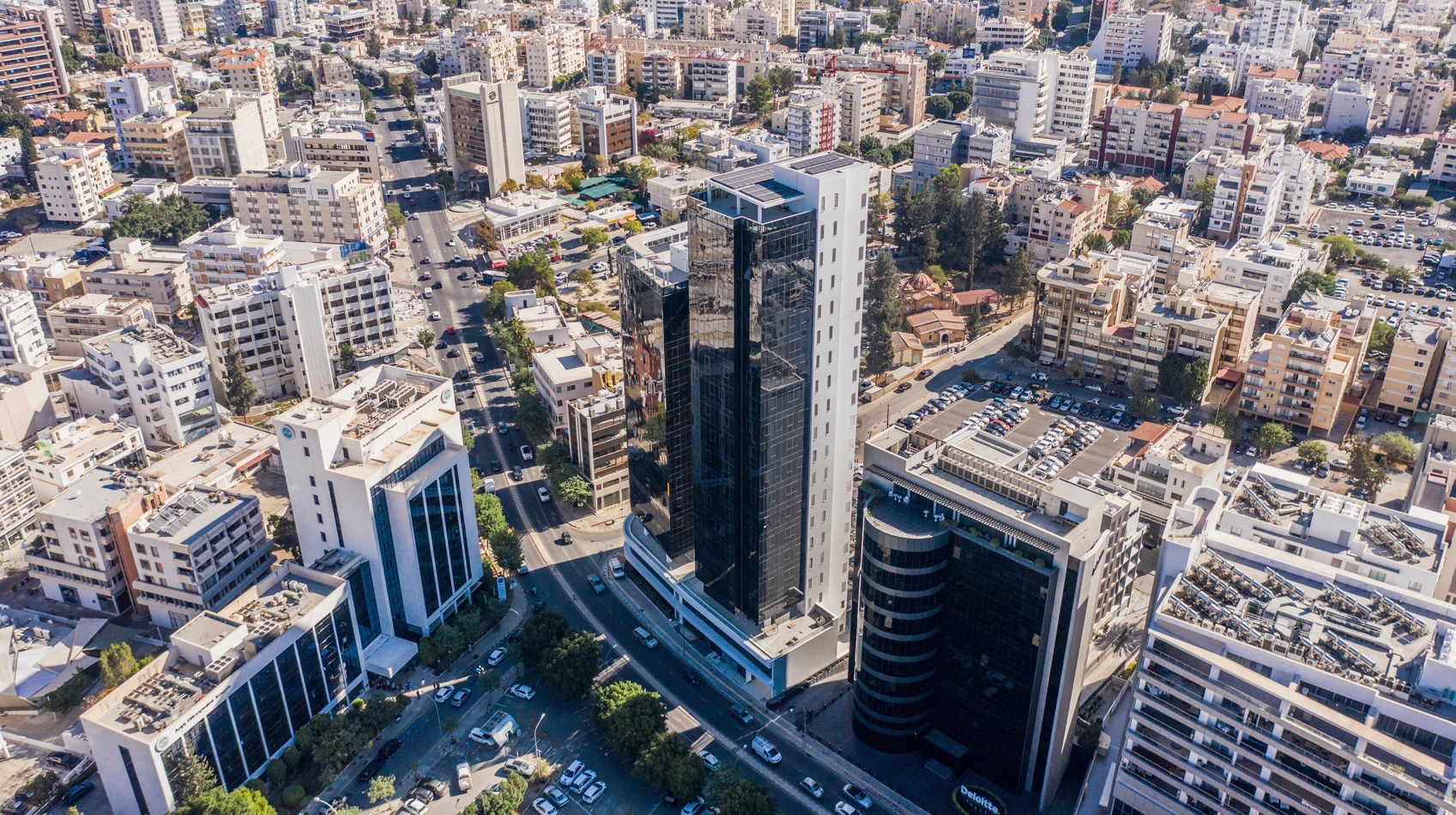Ratings agency Moody’s on Saturday restored Cyprus’ credit rating to its ‘A’, specifically giving the island a score of ‘A3’, restoring the island to the ‘A’ grade for the first time since 2011.
The agency explained that Cyprus has “significantly reduced its public debt ratio since its peak in 2020 and ranks among the countries with the largest debt ratio reductions worldwide”.
To this end, it said, the upgrade in the island’s rating “reflects a significant improvement in fiscal metrics and debt which we expect to be maintained,” adding that it also expects Cyprus’ debt ratio to continue to decline over the medium term.
It added that Cyprus’ medium-term economic outlook is “stable”, noting that it expects banking sector risks to remain “contained” due to the “significant strengthening” of Cypriot banks’ credit profiles in recent years and the continued deleveraging of the island’s banking sector.
Reacting to the news, President Nikos Christodoulides described the ratings upgrade as “of exceptional importance”.
He expressed his pride in Cyprus’ economy’s “steady upward trajectory”, and was swift to point out that Cyprus’ growth rate is among the highest in the European Union.
He put this growth down to “responsible fiscal policy, the stability of the financial sector, and continuous reforms”, all of which, he said, “are at the core of our policies and are bringing positive results”.
“Today’s great success is the result of a collective effort, and primarily a result of the Cypriot people,” he added.
He went on to say that the upgrade “paves the way for significant prospects, while also making us a more attractive option for quality investments which will contribute to the creation of new jobs”.
Additionally, he said, it will bolster “the government’s efforts to establish our country as a reliable and quality investment destination”.
To achieve this, he said the government will now attempt to achieved “more dynamic economic growth, strengthened competitiveness, as well as the continuation and strengthening of targeted social measures and actions which aim to improve Cypriot citizens’ everyday lives.”
Finance Minister Makis Keravnos said he was “satisfied” by the ratings upgrade, saying it has come about as “the result of prudent economic and fiscal policy implemented by the government.”
“This policy allows us to create secure conditions in the economy for people and entrepreneurs and to implement a social policy which supports and relieves vulnerable groups and the working and middle class,” he added.
The ratings upgrade comes three weeks after the government elected to end the across-the-board electricity subsidy, with Keravnos having long insisted that it is across-the-board financial support measures which scare off investors.
He had said Cyprus received “strict warnings” from the European Commission against implementing and extending across-the-board economic measures, with targeted measures for vulnerable sections of society now favoured.
The European Commission were not alone in issuing such warnings, however, with Keravnos saying in March that the International Monetary Fund “told us we have to stop them”, with regard to across-the-board measures to ease the cost of living.
These sentiments were ratified by the IMF’s deputy chief Alex Pienkowski, who at the time called on the Cypriot authorities to “resist” any further expansion of “non-targeted reductions in excise taxes and VAT”.







Click here to change your cookie preferences